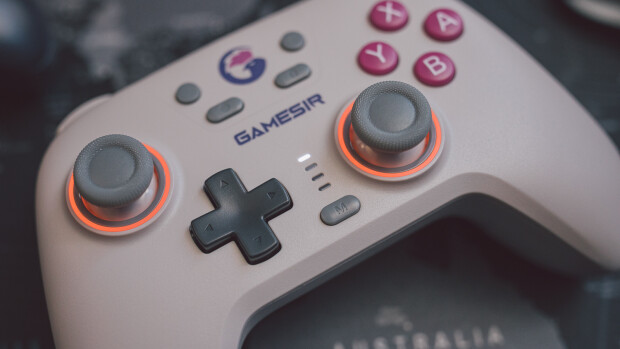It was not that long ago that AT&T dropped its unlimited data plan and Verizon more recently killed off its unlimited data plans as well. While Sprint still has unlimited data and T-Mobile is still around and kicking but likely to be consumed by AT&T, the unlimited data options are a dying breed.
A question that arises rather frequently is why do we suddenly need data buckets? For the past several years we have done without them and networks have not crumbled under the pressure. Even more so, with 4G now being rolled out, aren’t data buckets hampering our use of mobile data? If you stream a couple movies from Netflix, you will owe three life savings to your mobile operator.
Mobile minutes, to draw an easy comparison, started back in the dial up Internet days. Nearly everyone can remember the days of receiving a floppy disk in the mail or a CD from AOL offering a free bucket of minutes to try out their service. The idea was simple; you paid AOL for a certain allotment of minutes per month for surfing the Internet.

Image Credit: Bansheeblog
This business model was adopted by wireless carriers. You bought a Zack Morris phone and were allowed to talk for a certain allotment of minutes each month. This business model still exists but has been slowing going the way of the Dodo. All carriers now feature an unlimited talk plan because cell phone minutes are not as profitable as they once were.
Smartphone users represent a new data stream. We all know that data is the new premium add-on that wireless providers use to beef up their bottom line. What started out as unlimited data for a set fee is now taking a step backwards towards data buckets that act exactly like the minute buckets of yesteryear.
But you need to look further than why a cell phone provider wants to lock you into data buckets today. While the current data buckets don’t present many barriers, in the future, they will become much more critical and wireless providers are laying the groundwork for a future of more profits.
Everything stated so far has been relatively common knowledge, but where we are going may not be fully understood.
In the future, VoIP will become the new king of wireless communication. Verizon, Sprint, and AT&T, they are working towards (in the future) moving their voice communication to VoIP. Meaning, you will use your data connection for voice calls in the future. This practice is common on land lines, most businesses use this VOIP for communication, and the consumer can use it with services like Vonage.
There are peeks of this transition already happening. If you have a smartphone, you have the ability to use Skype/Google Voice or another service to keep from using the minutes you already have. When carriers have an unlimited data bucket, you could effectively use a service such as Skype and take control away from the carriers. As you can imagine, they do not want this to happen. By forcing you to use a data bucket, they can regain control of their revenue streams and stop allowing others to profit on their connections.
When VoIP comes to the cell phone industry and is implemented by the carriers, your minute buckets will go away. The future plan is a data bucket that covers your calls and emails. You will no longer buy plans that have 500 minutes and 2 GB of data but instead one plan that has 3GB of data and that is it. How you use your data is up to you; it could be all calls, it could be all emails, Either way, the carriers have you capped.

Image Credit: conferencephones.net
The carriers will market this new technique by calling it HD Voice. This marketing term is already being tossed around and some carriers around the world already support the feature, although it is not true VOIP. This new feature will come at the expense of eventually ditching minutes for data buckets.
In short, data buckets will soon cover your cellphone minutes under the disguise of HD Voice. While data buckets may not be impacting you today, when tomorrow rolls around with HD Voice, they will become immensely important to a carrier’s bottom line.















25 Comments - Add comment